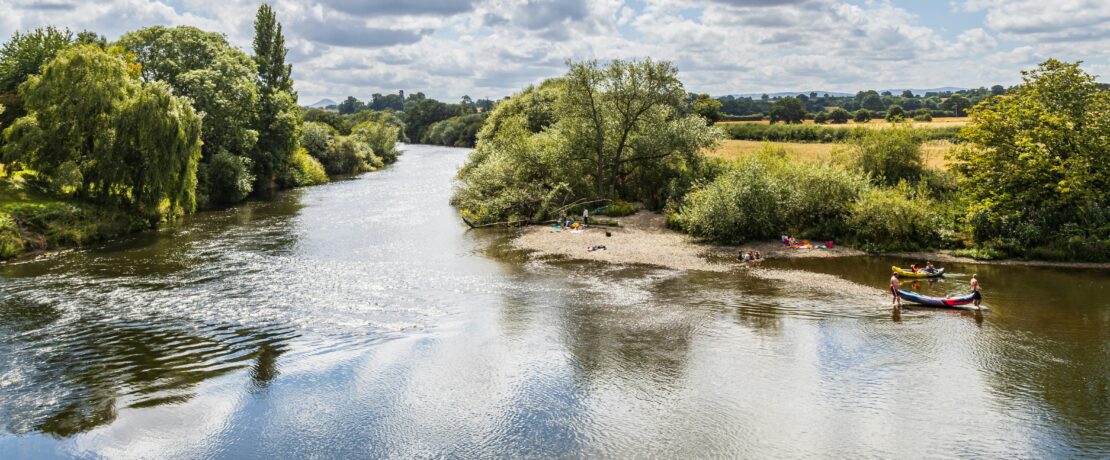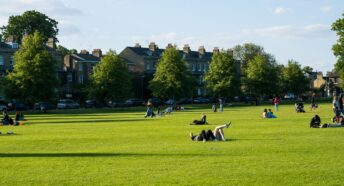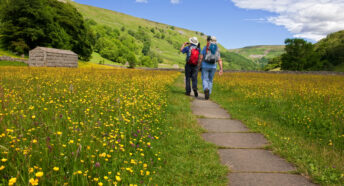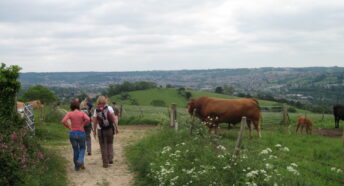Celebrating rivers, the ‘arteries of our planet’
Mark Angelo remarked that ‘rivers are the arteries of our planet; they are lifelines in the truest sense.’ On the fourth Sunday of every September (22nd this year), this sentiment is honoured as we celebrate World Rivers Day, a marker point that ‘highlights the many values of our rivers, strives to increase public awareness, and encourages the improved stewardship of all rivers around the world.’
Over the past few years, headlines about rivers have primarily focused on their poor state of health, and there is still much to be done in this regard. Our recent article with CPRE Herefordshire highlighted that in England, only 15% of rivers reach good ecological health standards, with the failure of 62% of river stretches caused by the agriculture and rural land management sector. It’s essential to stay aware of the current rivers crisis here in the UK, but we believe it is also important to find hope and to stay resilient in order to move towards positive change.
With that in mind, here are five good things to celebrate about rivers right now, and why healthy rivers are so important to our countryside.
1. Rivers can form part of the solution to the energy crisis
There has, in recent years, been a lot of noise around the importance of solar power, and CPRE have been campaigning for a rooftop revolution to urge the government to fully realise the potential of solar on rooftops. But that doesn’t mean it’s the only solution. Hydroelectric power has taken a backseat recently, but small-scale hydro pioneers are paving the way for change. Find out more about how these projects are helping local communities stay resilient in the face of the energy crisis.
2. London’s rivers are being healed
Urban rivers can offer benefits to nature and people alike, but many are full of pollution, or suffering as a result of ongoing flooding. However, since the year 2000, London’s ‘blue corridors’ have undergone a process of rewilding, with improvements such as installing reed beds and planting in the water margins. These changes have resulted in an increase in wildlife, a reduction in flooding, and a more biodiverse environment. Find out more and get involved here.
3. Rivers are recognised as living beings
Seven and a half years ago (March 2017), New Zealand’s parliament approved a bill that recognised the Whanganui river to have the same legal rights as any human. This came after over 140 years of the indigenous Whanganui iwi tribe fighting for the importance of this river to be recognised. Since then others have followed, with ‘river guardians’ appointed to oversee their wellbeing, especially with regards to pollution. Although granting ‘personhood’ in legal terms is a tricky and complex process, and not something likely to happen in our country any time soon, it recognises rivers as essential fixtures of our natural world.
4. Communities are inspired to act
Local CPRE groups have been working to highlight and tackle poor land use in the Wye area, paying particular attention to the impact of the high concentration of chicken farms on the health of the River Wye. CPRE’s initial vision was to recruit 50 volunteers but 500 stepped forward! The project is still ongoing, but it is heartening to hear of communities coming together like this to take action and fight for change.
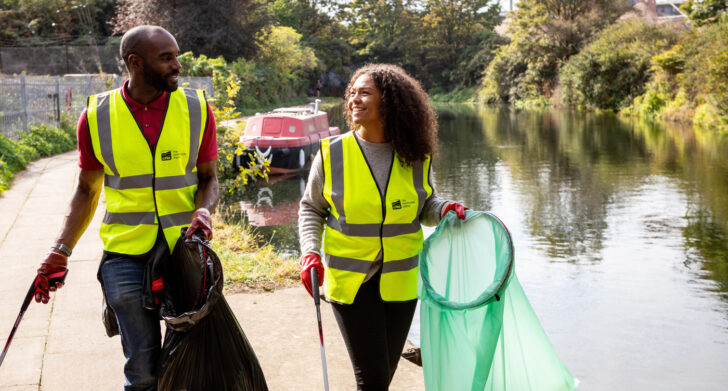
5. Rare chalk streams are protected
Chalk streams have shaped much of our landscape over the past 10,000 years, but they are incredibly rare – only around 200 exist in the world. Around 85% of all chalk streams are in southern and eastern England. They are crystal clear because the earth acts as an aquifer, or sponge, and soaks up rainwater, before allowing it to move through fissures and emerge at ground level.
Lewis Townsend, communications manager at CPRE, volunteers to help protect his local streams: ‘Working on Lincolnshire’s chalk streams – an extremely rare habitat – has been a great way to take action for our waterways. Our monitoring work enables us to track and measure changes in biodiversity so that these freshwater habitats are protected and quick action is taken if anything goes wrong.’
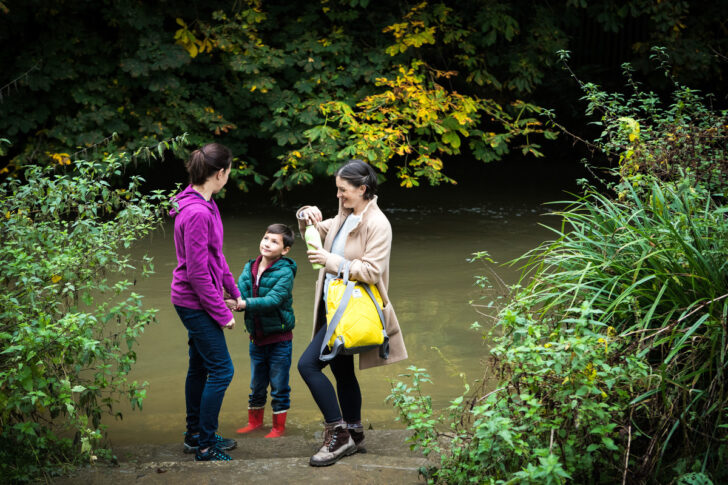
This World Rivers Day, we encourage you to connect with your local rivers, to spend time with them, learn more about their place in the landscape, and pledge your support if needed.
